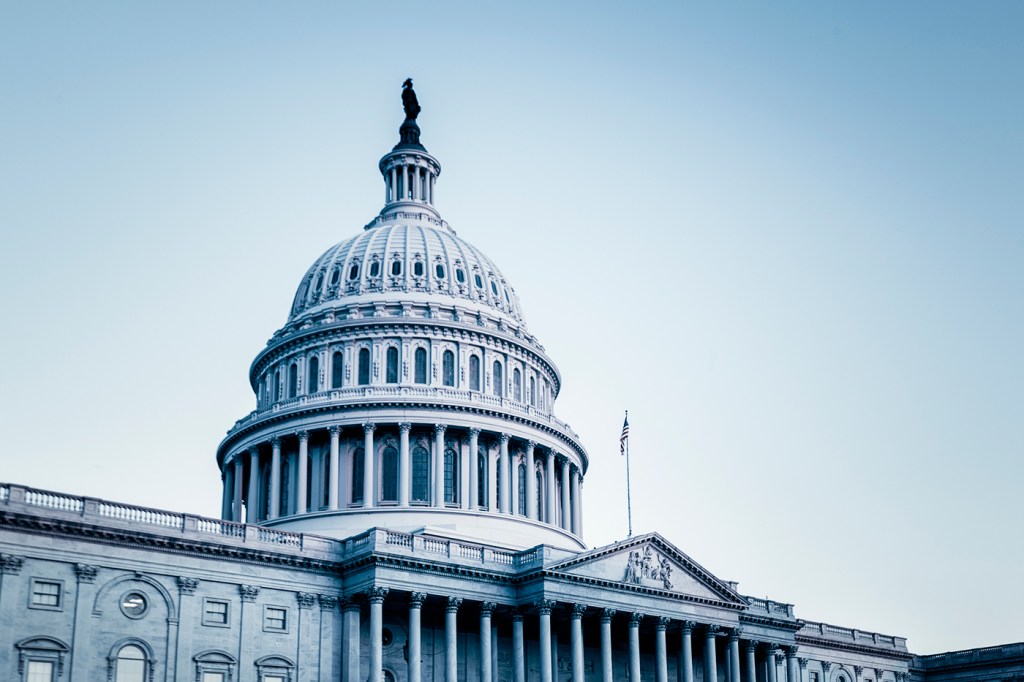Could Obamacare ‘fail’? A look at what’s working, and what’s not

The Republican-led effort to undo President Barack Obama’s signature healthcare law has produced high drama, internal division, and a series of political twists and turns. One day after President Donald Trump declared the repeal and replace effort was done and it was time to “let Obamacare fail,” he changed course Wednesday, reportedly directing Republican senators to resume that repeal-and-replace effort. Meanwhile, the latest Congressional Budget Office’s analysis released Wednesday afternoon indicated that a new Senate bill to repeal “Obamacare,” which could get a vote next week, would leave 32 million more people uninsured by 2026 than under current law.
We asked professor Timothy Hoff, an expert in healthcare systems and health policy, to examine the current healthcare landscape and assess the health of “Obamacare”—where it’s working, and if it could fail.
To vote or not to vote
Senate Majority Leader Mitch McConnell reportedly indicated Wednesday he still intends to hold a vote next week on a repeal-only plan, though three Republican senators have indicated they would oppose a repeal-only vote. As for Trump’s call for Senate Republicans to turn up the dial on the repeal and replace effort, Hoff expressed doubt it will happen. “The Senate’s been working on this for several months,” he said, “I don’t see how they’ll come together all of a sudden and craft a replacement bill that will get the support of 50 senators. If they could’ve done that, they’d have done it by now.”
Can Obamacare ‘fail’?
Despite Trump’s proclamation that Republicans should “let Obamacare fail,” Hoff doesn’t see that happening on its own either. “There are many aspects of the Affordable Care Act that are starting to work well,” he said. In many places in the U.S., he said, insurance exchanges are actually getting healthier. He pointed to a recent Kaiser Family Foundation analysis showing “more evidence that the individual market is stabilizing and insurers are regaining profitability.” As The Washington Post reported, the “Obamacare” marketplaces just had their most profitable first quarter ever.
However, in other places—particularly rural communities—Hoff states that these insurance exchanges aren’t as healthy; there aren’t enough plans being offered, and prices are too high.
There are many aspects of the Affordable Care Act that are starting to work well.
Timothy Hoff
professor and health policy expert
Hoff added that the president could take certain steps to push “Obamacare” toward failure. One would be cutting off Affordable Care Act subsidies to health plans, a potential move Politico reported on this week. Another is directing the IRS and other federal agencies to cease enforcing the individual health insurance mandate created under “Obamacare.” “That would mean healthier people could jump out of the market, leaving sicker people in there, and that would destabilize insurance exchanges,” Hoff said.
Obamacare: what else is working, and what isn’t
Hoff underscored other ways in which “Obamacare” is working well. One is that almost 2.5 million people under 26 took advantage of being able to stay on their parents’ insurance. Another, he said, is that the ACA is slowly creating a countrywide culture in which more people, healthier individuals especially, are understanding the value of having health insurance.
On the flip side, Hoff said, many of the ongoing flaws in the insurance exchanges are the result of a law that works largely through the private, mostly for-profit side of the health industry. He added that the bill “did nothing to deal with access-to-care problems,” noting that for many Americans, wait times to see doctors have increased and access to primary care services have worsened. “We need to increase the number of physicians and find new ways to deliver care to more people at a lower cost,” he said. “That’s still a work in progress.”





